“After the plague the Lord said to Moses and Eleazar son of Aaron, the priest, “Take a census of the whole Israelite community by families—all those twenty years old or more who are able to serve in the army of Israel.” Numbers 26. 1-2 NKJV
Our Parashah, Pinchas beginning in Numbers chapter 25:10-30:1, is one of generational transition and a generation in crisis. Sin in the camp transformed into a physical plague. Only the righteous jealousy of Pinchas (Phinehas) stopped the death at twenty-four thousand. An ancient midrash likens Israel’s situation to a wolf entering among the sheep. What a picture of sin. If we saw its end, we would never allow idolatry and immorality into our camp. This ancient Parable of the Sheep helps us to understand the census in chapter 26. The shepherd, finding the carnage, immediately numbered the living and the dead. This was the last plague to come upon Israel before entering the Promised Land. Young lives destined for promise were cut short. Only Pinchas’ actions brought “atonement” for Israel, stopping the plague, averting God’s wrath.
Balaam and Balak’s secret conspiracy played out openly before Moses and elders of the congregation. The Lord commanded Moses to have those involved in Idolatry and false sacrifice to Baal Peor put to death. And while Moses and the elders cried out before the Tent of Meeting, Zimri, an important young man in Israel, brazenly paraded Cozbi, a Midianite princess, into his tent before their weeping eyes.
“When Phinehas son of Eleazar, the son of Aaron, the priest, saw this, he left the assembly, took a spear in his hand and followed the Israelite into the tent. He drove the spear into both of them, right through the Israelite man and into the woman’s stomach. Then the plague against the Israelites was stopped; but those who died in the plague numbered 24,000.” Numbers 25. 6-9 NKJV
In the opening words of this week’s Parasha the Lord said this of Pinchas’ actions.
“Phinehas son of Eleazar, the son of Aaron, the priest, has turned my anger away from the Israelites. Since he was as zealous for my honor among them as I am, I did not put an end to them in my zeal. Therefore tell him I am making my covenant of peace with him. He and his descendants will have a covenant of a lasting priesthood, because he was zealous for the honor of his God and made atonement for the Israelites.” Numbers 25. 10-13. NKJV
Pinchas is an example to the “Dor HaBa” (the Next generation), generation that grew up hearing the cynicism and complaints of their fathers. It also speaks to the generation that weeps over sin, but is paralyzed to act. It was not the actions of Moses, Eliezer the Priest, or even Joshua which stayed the plague. It was a young man full of zeal. The Lord’s exhortation to Pinchas is a word for our generation today
I. Be Jealous for God’s Honor
“He was as zealous for my honor”
Idolatry entered the camp of Israel, but the people believed they could domesticate the “wolf”. We live in a day when the world celebrates what God condemns, a day when social media and society attempts to silence the voices of righteousness. Pinchas’ uncompromising stand turned away the Lord’s wrath, and the plague of judgment upon the people. May the Lord raise up from among our children those who will be jealous for the things of God and His holiness, jealous to obey His voice.
II. Be in Covenant Relationship with God
“Therefore tell him I am making my covenant of peace with him. He and his descendants will have a covenant of a lasting priesthood.”
This generation must find their place in God’s covenant relationship. God entered a deeper and a specific covenant with Pinchas that blessed his children’s children. The Lord called it a “Covenant of Peace”, eternal, generational. Hezekiah, when warned of the impending destruction on the Jerusalem was relieved to find out that it would not happen in his days. The tragedy is that he was apathetic to the next generation – his own children. May the Lord raise up men and women like Pinchas, who will find their covenant relationship with God – the covenant of peace that He has given us through Messiah, His son, a covenant blessing for the next generation. Finally, we need those who can turn the situation to righteousness and bring atonement.
III. Be A Kapparah
Pinchas’ actions brought atonement or “kaparah” to Israel. In Israel today, we use the term “kaparah” as a term of endearment, like saying, “sweetie”. But when the Holy One of Israel used the word “kaparah” to describe the actions of Pinchas, He did not mean sweet. He meant, this young man’s actions averted destruction, and atoned for the people. The way that the death of a sacrifice at the hands of the High Priest on Yom Kippur brought atonement. We do not see in this text an advocacy for violence against people, but Pinchas’ example is one of uncompromising devotion to God, a message to our generation and especially the “Dor HaBa” who has heard about Messiah’s atonement, but has not experienced it for themselves.
Conclusion
In chapter 26, our Parasha turns from Pinchas and the destructive plague to a census of the people, beginning with those twenty years old and over, a census counting a generation who will enter the land. In Chapter 27, Moses saw the need for a new leader to shepherd Israel. And so, we see a transfer of glory from Moses to Joshua. May the Lord raise up a generation who acts while others weep, who seeks covenant relationship with the Lord for their generation and the next, a generation declaring the “kaparah”, atonement, for sin.
Shavua Tov
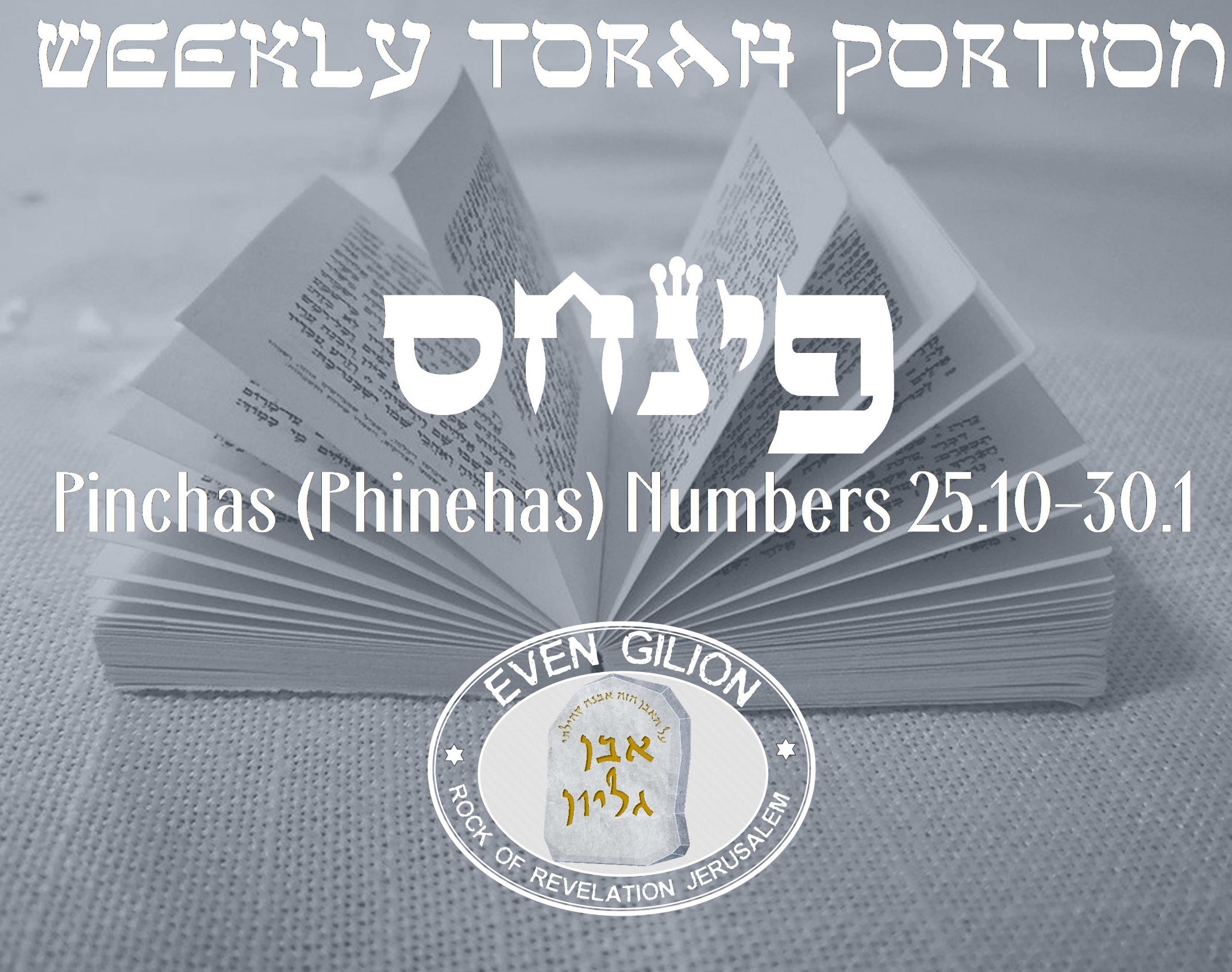
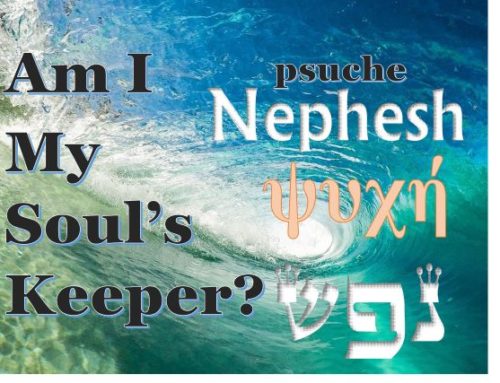
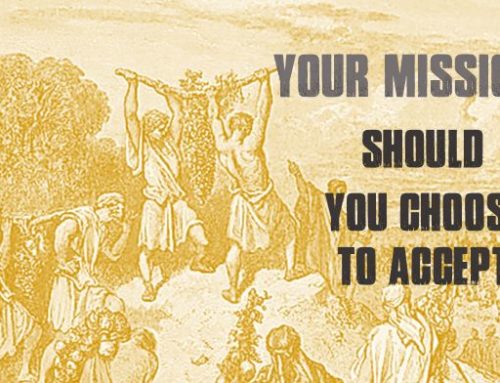
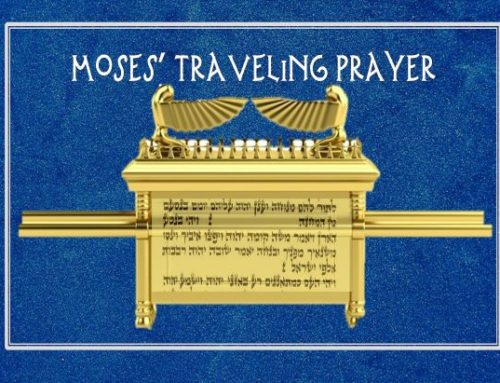
What a teaching for the time we are living in.